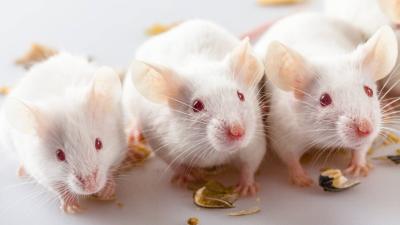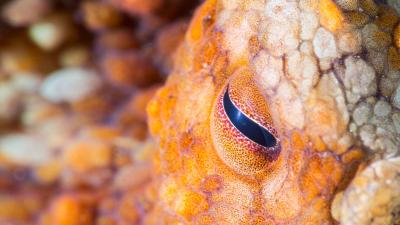Mitigating Bias Toward Animal Methods During NIH Grant Review

Physicians Committee experts and leaders of the Coalition to Illuminate and Address Animal Methods Bias (COLAAB), an international collaboration of researchers and advocates dedicated to exploring and addressing animal methods bias, submitted recommendations to National Institutes of Health (NIH) leadership on how to mitigate bias toward animal methods during the review of grant applications.
Researchers may choose to use nonanimal methods, such as organ chips or organoids, for a variety of reasons, including their ability to more reliably mimic human biology than animal-based approaches or their lower resource and ethical burden. Many researchers are unaware of these advantages or still prefer animal use, resulting in unfair assessments of nonanimal studies or unjustified requests for animal experiments, a phenomenon known as animal methods bias. In April, the NIH announced a new initiative to prioritize innovative, human-based science, including the use of new approach methodologies (NAMs), while reducing animal use in research. The announcement noted that “grant review staff will participate in mitigation training to address any possible bias towards animal studies and integrate experts on alternative methods into study sections.”
Co-submitted by Physicians Committee scientist Dr. Catharine E. Krebs in November, the COLAAB’s letter emphasized that animal methods bias does indeed exist, citing evidence from two surveys, a workshop report, and an analysis demonstrating that predominantly animal-based expertise in NIH review groups is correlated with lower proportions of funded projects that use nonanimal methods.
Recommendations for the agency focused on how to implement the measures laid out in the NIH’s April announcement, along with other important measures to help mitigate animal methods bias:
- Adapt the existing Center for Scientific Review bias mitigation training for reviewers to include a scenario about animal methods bias;
- Require grant reviewers and review staff to participate in animal methods bias mitigation training;
- Integrate experts on human-based methods into study sections;
- Inform reviewers and review staff about the value of human-based methods;
- Continue to invest in NAMs-specific funding opportunities and uphold new policies to not exclude NAMs from funding opportunities or seek animal-only proposals;
- Maintain a robust mechanism for reporting unfair reviews; and
- Investigate animal methods bias by assessing reviews and funding rates of projects with animal- and human-based methods.
As the NIH continues to move away from animal use in research, the Physicians Committee will work with the agency to ensure human-based methods are considered fairly during the grant review process.







